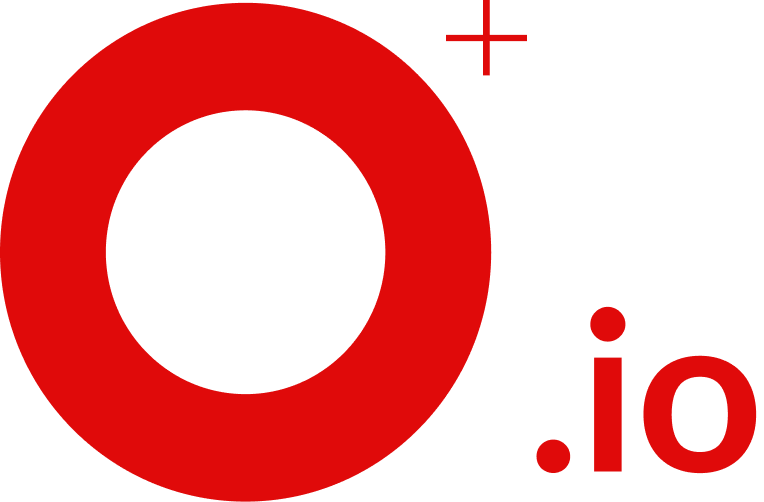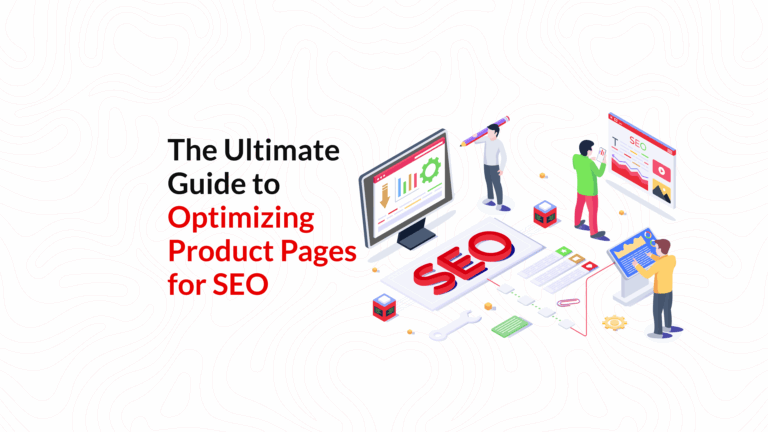Boost your D2C sales: Master the art of understanding customer search intent
When you are functional as a D2C or DTC brand, it is imperative for you to understand the exact customer search intent. As someone types something into Google search, there will usually be a reason behind it. For instance, an individual typing “noodles” might be searching for either “top best noodle recipes” or the “best noodles.” Whatever might be the reason, the overall satisfaction with the respective search results is highly dependent on what the search engine interpreted based on what they were searching for. In simpler words, their subsequent actions will determine whether or not Google appropriately understood the search intent.
What is search intent? Why is customer search intent important for D2C marketers? Let us find out!
What is Search Intent?
Search intent, also known as user intent, is typically what it sounds like -describing the reason or purpose someone would perform an online search. When an individual types in a phrase or term into the search engine, it is the duty of the search engine to determine what it is exactly they are looking for.
Naturally, search intent could imply a myriad of things. It could refer to something specific, like a particular product or brand wanting to make a purchase. For instance, the example of the term “noodles” could imply the search intent for a particular brand the user would want to try. Alternatively, the individual could be in search of broad information about noodles. Whatever might be the case, the algorithm of Google is expected to make the determination while offering the most relevant results.
Why is Search Intent Important for Businesses?
There is no denying the fact that Google is the “king” of all search engines. The fact that Google is so adept is its capability to determine the exact user or customer search intent. Eventually, the ultimate objective is to maximize access to specific information. Moreover, the primary mission is always to deliver the most reliable and relevant search results to a particular query.
Therefore, for D2C businesses, narrowing down the search intent matters for improved visibility and conversions. In the end, both Google and D2C business owners want the same thing -fulfilling the user search intent. For businesses who look forward to improving their online search rankings while boosting overall sales, the search intent serves as the driving force behind every piece of content created online. It will not only help in improving the effectiveness of SEO-based keyword research, but it will ultimately improve the overall quality of the website, the leads you will generate, and the overall chances of converting the leads. To top it all, optimizing for search intent will help in showcasing your D2C business as a thought leader in the domain.
Understanding Different Types of Search Intent
Naturally, a D2C agency looking to improve visibility and conversions will aim at targeting a large number of phrases and keywords to achieve the same. While there are millions of potential combinations of search terms across a wide spectrum of goals and interests, all of the searches typically narrow down to the given types of search intent:
Have you reached a point in the argument wherein someone would readily say, “Just Google it?” Likewise, you might have been tempted to look up a quick how-to guide or recipe for a new dish. These types of searches take place all the time across a wide range of topics and subjects. These are referred to as informational search intent. The desired goal is always how it sounds, some type of information.
Due to this reason, most of the searches are phrased in the form of questions, with terms like “who, how, what, when, where,” and so more. For D2C businesses looking forward to selling a product or service directly to consumers, optimizing for informational intent will imply creating a high-quality landing page and blog content that have been designed to educate your target consumers on the value of the products or services.
This type of search intent refers to users who wish to navigate to a particular page URL or website. For D2C businesses, it could imply navigating to the Contact Page to give them a call.
To optimize your content for navigational intent, you should ensure that the site structure is well-organized and easy to navigate. This ensures that every section of the webpage should be clearly labeled. If you are selling a product or a service as a D2C business, ensure that the respective pages contain the most relevant information, like product or brand names.
When individuals wish to buy something, they will mostly perform commercial investigations to dive deeper into the brand, products, or services that might be of interest. As a D2C business owner, optimizing for commercial investigation intent is concerned with showing your target audience what your brand has to offer while offering all relevant information to help them convert. You would want to ensure that your commercial content is well-optimized, reader-friendly, and highly organized. Users should be able to educate themselves on the benefits of buying your products or services such that there is a well-defined path to conversion. To make the process more seamless, ensure that you are prominently displaying links to purchase information or lead generation forms.
Such customers refer to individuals who are looking forward to making a purchase. It could be a product, a subscription, or a service, ranging from B2B services to even D2C transactions.
Irrespective of the product or service you are selling, optimizing for transactional intent will imply defining beforehand what is the meaning of conversion for your brand. Your content should be capable of providing all relevant information while offering a clear path to conversion. Moreover, the CTAs you use should be easy to understand as well.
Conclusion
With a leading digital marketing agency like Opositive, you can skyrocket your D2C conversions by optimizing your website and product range for the respective customer search intent. It is important to pay attention to the right search intent to gain maximum visibility and potential conversions.














